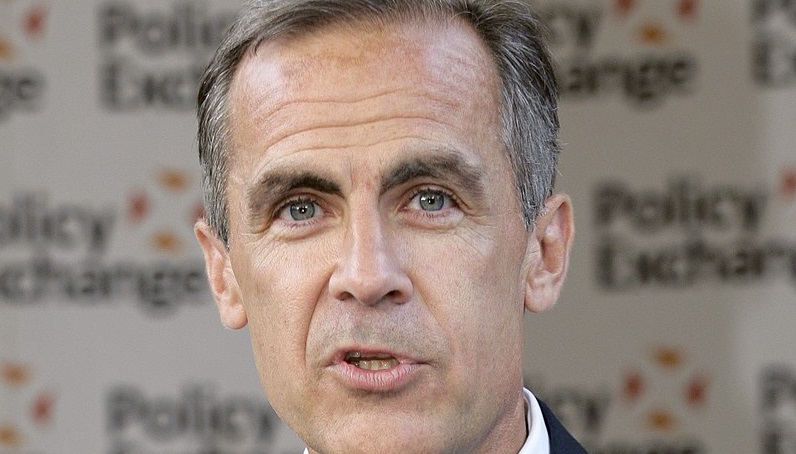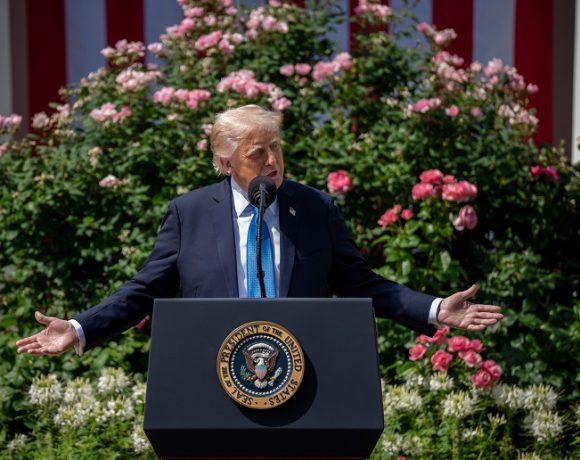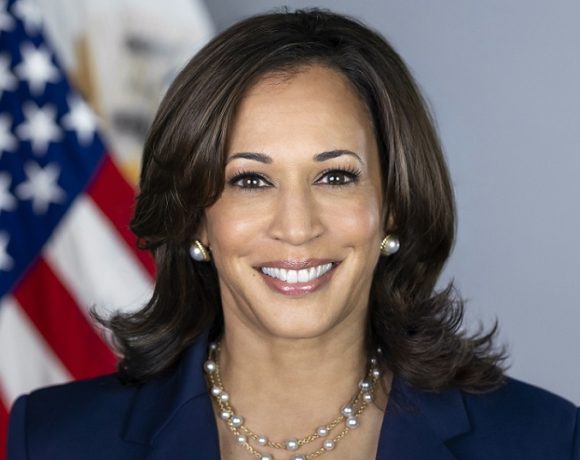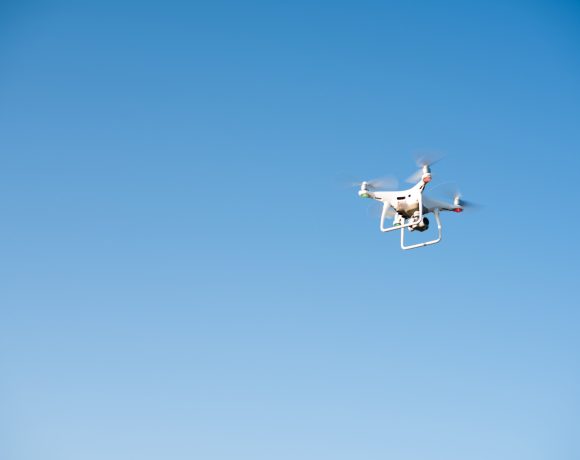
India and Canada Resume Intelligence-Sharing Despite Strained Ties
India and Canada are set to resume intelligence-sharing focused on counterterrorism and transnational crime, a significant development amid ongoing diplomatic friction between the two nations. The decision comes ahead of the upcoming G7 Summit in Canada, where Indian Prime Minister Narendra Modi and Canadian Prime Minister Justin Trudeau are expected to be present.
Renewed Cooperation Despite Diplomatic Rift
The relationship between India and Canada deteriorated sharply in 2023 after Canadian authorities alleged that Indian intelligence was involved in the killing of Sikh separatist leader Hardeep Singh Nijjar in British Columbia. The accusation led to a political standoff, with both countries expelling diplomats and freezing intelligence cooperation.
Despite these tensions, both sides have now agreed to re-establish security communication channels, recognizing the broader threat posed by extremist networks, gang-linked organized crime, and global terrorism.
Real-Time Intelligence on Terrorism and Crime
The new arrangement allows for real-time intelligence exchange between Indian and Canadian agencies, particularly in tracking financial flows, communication networks, and travel patterns of individuals flagged for terrorist affiliations. It also covers activities of transnational criminal syndicates that operate across South Asia and North America.
This collaboration is believed to be critical in addressing concerns over groups accused of inciting separatist violence and planning attacks from foreign soil.
Political Tensions and Domestic Scrutiny
While the move is seen as a pragmatic necessity in geopolitical and security terms, it has stirred concerns within Canada’s domestic political landscape. Civil liberties groups, several lawmakers, and members of the Sikh diaspora have raised alarms about potential overreach and surveillance.
They argue that any intelligence partnership with India must be strictly regulated to prevent civil rights violations, particularly in cases involving political dissenters or members of minority communities.
A Calculated Reset
Both governments appear to be walking a tightrope: India wants Canada to crack down on Khalistani elements it deems a security threat, while Canada is cautious of accusations of suppressing free expression under foreign pressure.
This renewed pact may not repair all diplomatic wounds, but it signals a strategic recalibration. With global security threats growing, even estranged partners are being pushed toward functional collaboration.


















